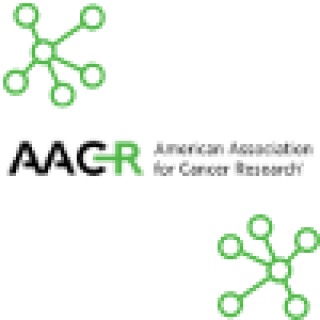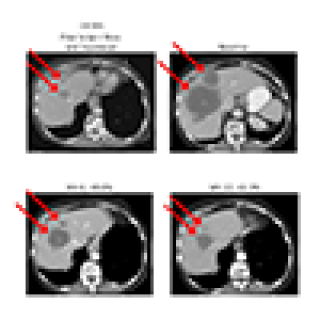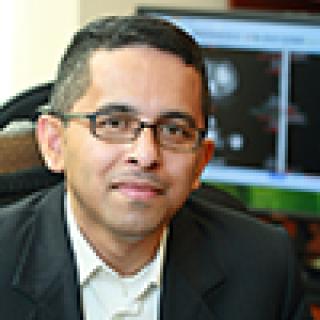News and Events
Celebrating CCR Careers: Alan Rein, Ph.D.
Alan Rein, Ph.D., is a known expert in the field of viral assembly, particularly in retroviruses like the human immunodeficiency virus (HIV). After an extensive career studying molecular mechanisms of retroviral replication and pathogenesis, he has announced his retirement.
Read MoreNew tool predicts which treatments may work best in cancer patients
A new precision oncology software tool, called SELECT, analyzes tumor transcriptomics data to predict which therapies are most beneficial for an individual patient. When applied to data from over 30 different clinical trials, SELECT was predictive of patient responses to targeted and immune therapies in about 80 percent of the trial datasets.
Read MoreCCR scientists and alumni honored by the American Association for Cancer Research
Several CCR scientists and alumni will be awarded for their exceptional contributions to cancer research at this year’s American Association for Cancer Research Annual Meeting. The meeting will be held virtually April 10-15 and May 17-21.
Read MoreDrug combination leads to durable responses in patients with small cell lung cancer
Relapse after chemotherapy is common among patients with small cell neuroendocrine cancers, including small cell lung cancer. In a new clinical study, CCR scientists found a combination of berzosertib and topotecan led to durable tumor responses in patients with these cancers.
Read MoreBrigitte Widemann named a Top Ten Clinical Research Achievement Awardee
Brigitte C. Widemann, M.D., Chief of the Pediatric Oncology Branch, has been named a Top Ten Clinical Research Achievement Awardee by the Clinical Research Forum, and she was awarded a Distinguished Clinical Research Achievement Award for her study “Selumetinib in Children with Inoperable Plexiform Neurofibromas.”
Read MoreEngineered myeloid cells have promise as a potential treatment for metastatic cancer
A team led by Rosandra N. Kaplan, M.D., Investigator in the Pediatric Oncology Branch, genetically engineered immune cells, called myeloid cells, to deliver an anti-cancer signal to organs where cancer may spread. The results of the treatment, reported in Cell, shrank tumors and prevented metastasis in mice.
Read MoreAnish Thomas featured in The Cancer Letter for SCLC study
In a conversation with The Cancer Letter, Anish Thomas, M.B.B.S., M.D., NIH Lasker Clinical Research Scholar and Investigator in the Developmental Therapeutics Branch, discussed his study, published in Science Translational Medicine, that found some patients with small cell lung cancer may have actionable germline mutations, which may be used to inform personalized screening and targeted therapies. The study challenges the notion that small cell lung cancer is exclusively tied to smoking.
Read MoreFDA grants orphan drug designation to PRGN-2012 for recurrent respiratory papillomatosis
The Food and Drug Administration has granted orphan drug designation to PRGN-2012 immunotherapy for use in patients with recurrent respiratory papillomatosis.
Read MoreCurtis C. Harris elected as a fellow of the AACR Academy
Curtis C. Harris, M.D., Chief of the Laboratory of Human Carcinogenesis, has been elected to the 2021 class of fellows of the American Association for Cancer Research (AACR) Academy. Fellows of the AACR Academy serve as a global brain trust of top contributors to cancer science and medicine who help advance the mission of the AACR to prevent and cure all cancers through research, education, communication, collaboration, science policy and advocacy, and funding for cancer research.
Read MoreCombination therapy in patients with advanced kidney cancer found to be highly effective
A phase III international clinical trial that tested the combination therapy of nivolumab and cabozantinib in patients with advanced, untreated renal-cell carcinoma yielded promising results.
Read MoreHotspots for DNA damage and repair in neurons identified
Researchers have pinpointed hotspots along the genome of neurons where endogenous, or internally driven, DNA breaks and repair accumulate. If the breaks are not repaired rapidly, they can lead to neuron dysfunction, degeneration and death.
Read More









